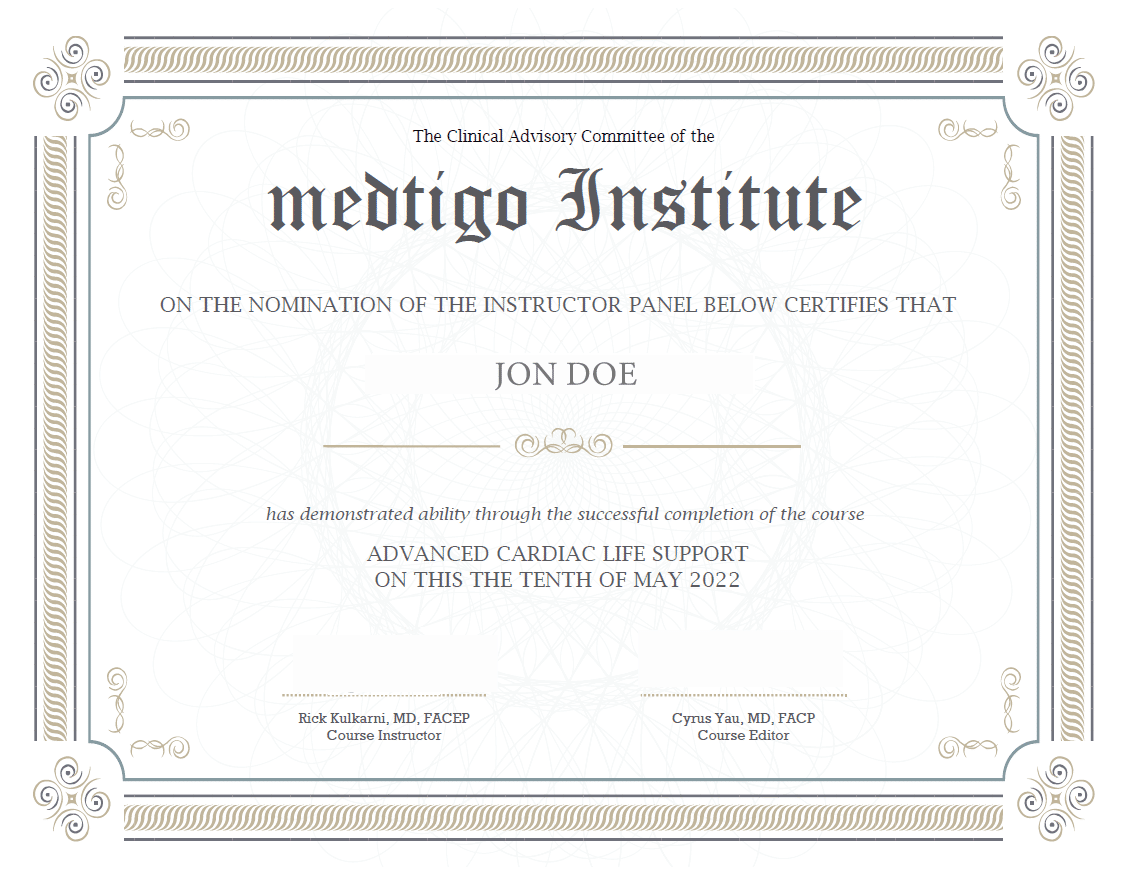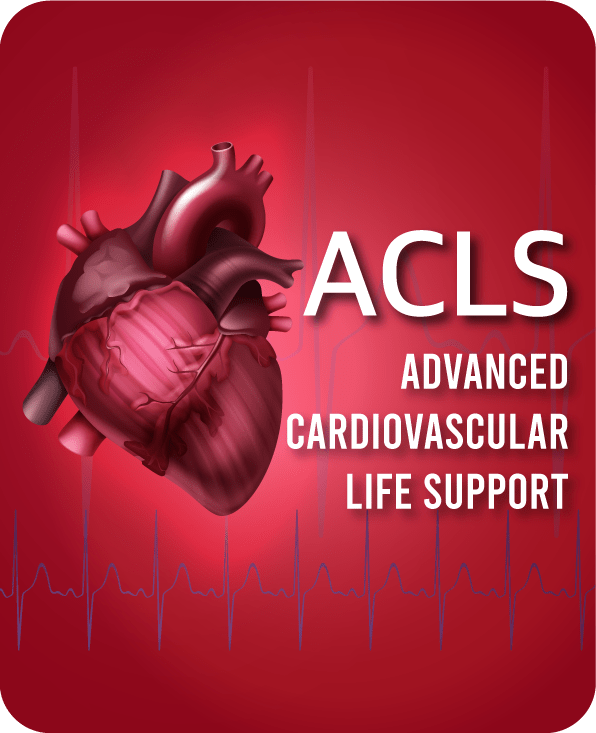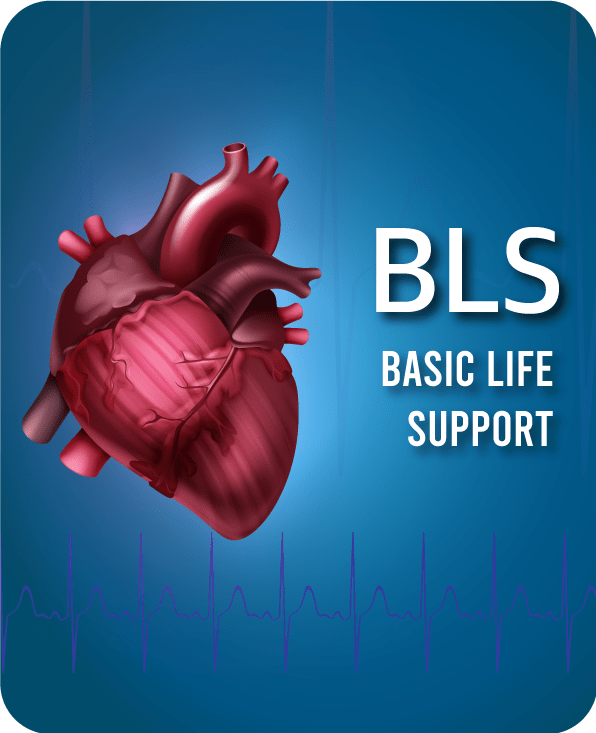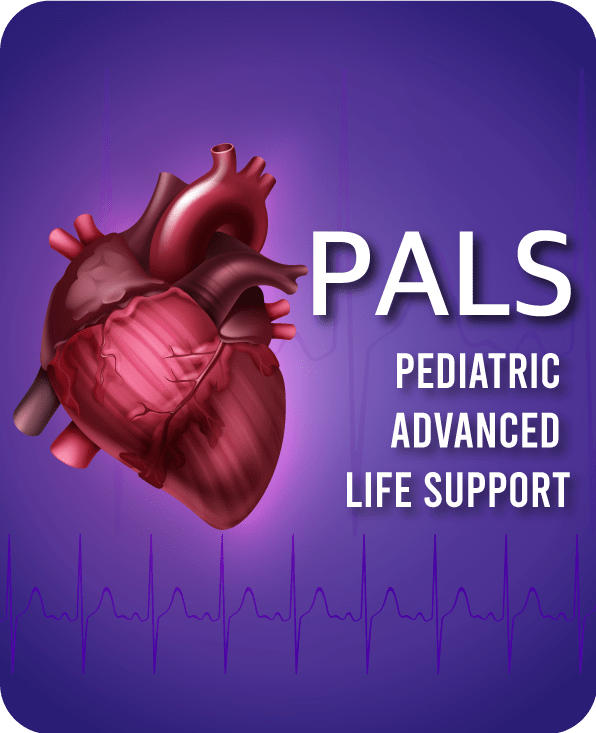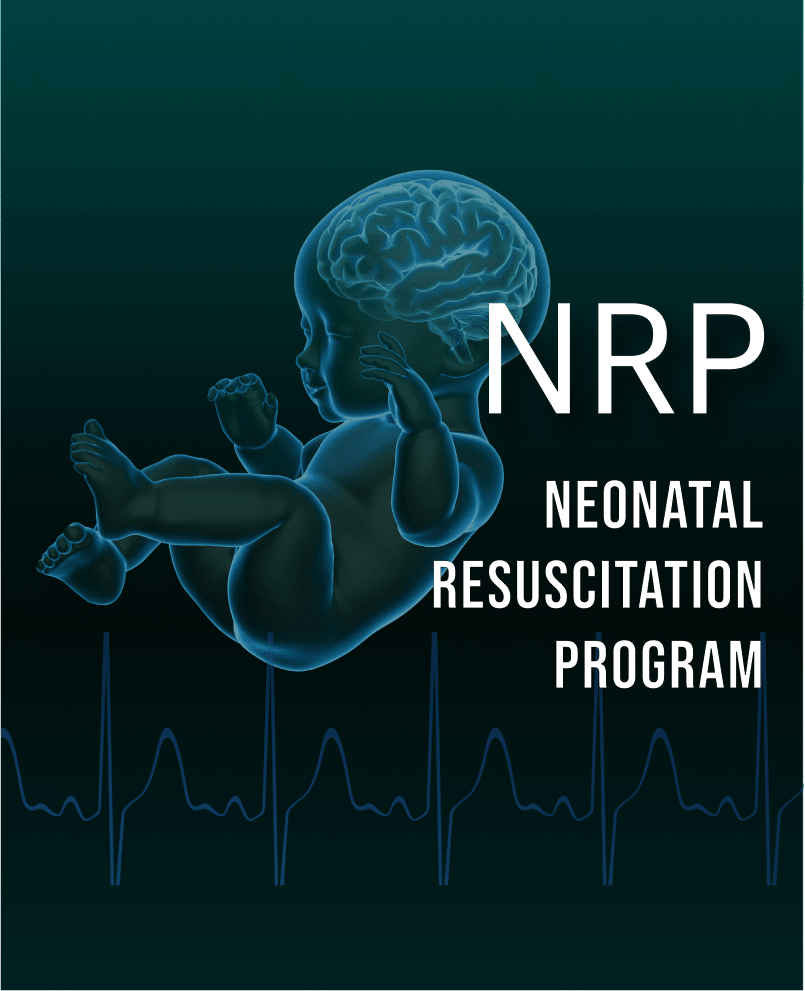Different diets such as the Mediterranean diet, intermittent fasting, and caloric restriction have been shown to help extend longevity.
Now, researchers from The Jackson Laboratory in Bar Harbor, ME, and Calico Life Sciences in South San Francisco, CA, have found via a mouse model that while eating fewer calories may help extend life span, those that lived the longest lost the least amount of weight while on a calorie-restricting diet.
In the new study, recently published in the journal Nature, scientists also report that certain genetic factors, such as genetically-encoded resilience, may play a larger role in extending life span than diet.
For this study, researchers used 960 genetically diverse female mice that were assigned to five different diets: calories limited to 60% or 80% of baseline calories each day fasting for one or two consecutive days each week with no caloric restrictions eating any amount of food whenever it wanted.
Caloric restriction is known to extend life span in rodents since its discovery in rats in the 1930s, however it is still not fully understood how this works,” added Andrea Di Francesco, PhD, principal scientist at Calico Life Sciences LLC and lead author on this study. “Recent studies have shown that the timing of feeding is important in addition to reduced caloric intake.”
At the study’s conclusion, scientists found that while mice who could eat whenever and whatever lived an average of 25 months, those on intermittent fasting diets extended their lifespans for an average of 28 months.
The mice on caloric restriction achieved the longest lifespans — mice eating 80% of their baseline calories lived an average of 30 months, and those eating 60% stayed alive an average of 34 months.
“We were surprised that the extreme (40%) caloric restriction extended life span to such a great extent with no indication that it shortened the life span of any mice. We assumed that in a genetically diverse population — a unique feature of our study — some animals would have reduced life span on 40% caloric restriction or on a two-day intermittent fasting routine,” Churchill said.
Researchers also discovered that genetic factors — such as genetically encoded resilience — played a larger role in longevity than diet in the mouse model.
“In mouse studies where we can control the environment, we see a strong genetic contribution. The genetics gives us a ‘ruler’ to evaluate how impactful the diets are — despite the dramatic life span extension e.g. on 40% caloric restriction, there is still a lot of individual variability (genetic and random).
In other words, diets are not magic bullets — they increase average lifespan but do not guarantee long life for an individual. There are other factors that contribute at least as much to life span,” Di Francesco explained.
Scientists reported mice that naturally kept the same body weight, body fat percentage, and immune cell health during periods of reduced food intake and stress, as well as mice that did not lose body fat later in life, lived the longest.
“It has been proposed that caloric restriction works to extend life span by reducing obesity and prediabetes traits in mice. Improving metabolic health is important for humans in modern societies, and so it seems reasonable to think that life span extension in mice might be due to reducing obesity and its negative health effects,” Churchill said.
“This seems to not be the case — life span extension was greater in mice that retained higher body weight. Weight loss is ‘good’ from a human perspective, but weight loss does not cause life span extension — they are distinct outcomes of caloric restriction,” he added.
“You would think that if you eat less, you would lose weight and therefore extend your life span, but it was more about restricting the calories and losing weight in mice, at least — I don’t know how well that translates to humans.
Animal studies are a great place to start, but obviously animals are a lot different than humans. And we need to see that the research done in animals translates to humans as well,” Ali continued. “I was not surprised by the results of the study because of what we are learning regarding cell turnover and optimal function related to lower-calorie diets, fasting, and other manipulations of distribution and quantity of intake,” Richard said.






